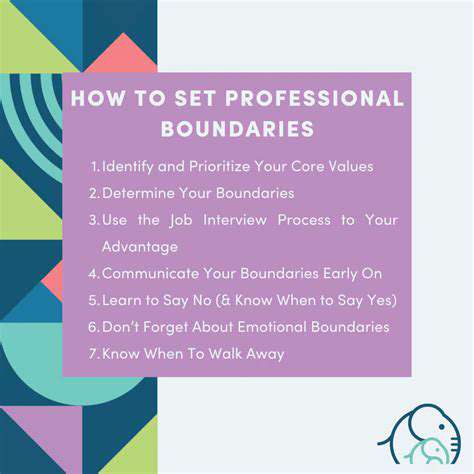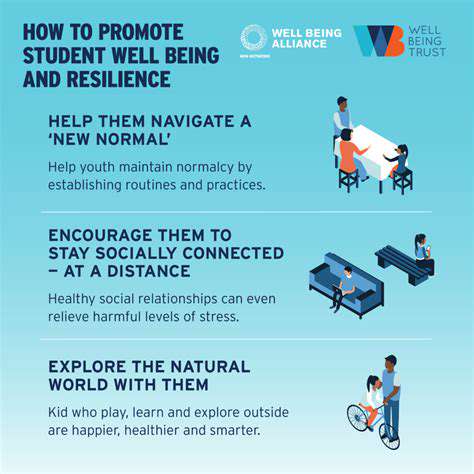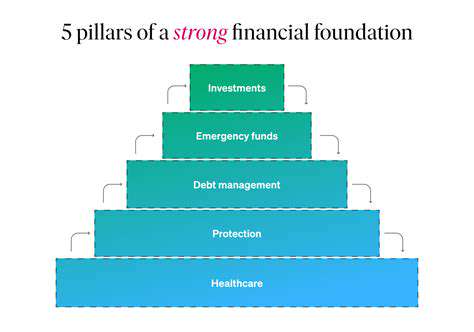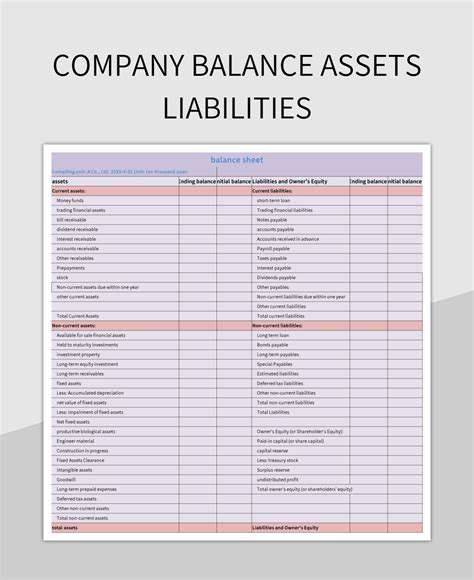how to negotiate divorce custody arrangements
Children's needs vary dramatically by age and personality. A toddler requires different care than a teenager navigating social complexities. Their developmental stage should dictate custody logistics - from bedtime routines for young children to transportation needs for active teens. Consider creating a child profile documenting their daily rhythms, medical needs, and emotional triggers to inform discussions.
Establishing Realistic Goals and Expectations
Divorce emotions can distort judgment. While you might want primary custody, consider what truly serves your child's stability. The healthiest arrangements often blend both parents' strengths. Financial realities also play a role - can you afford the home in their school district? Is your work schedule compatible with parenting time?
Geographical constraints frequently reshape custody plans. If you're relocating for work, how will visitation adapt? Successful co-parents develop contingency plans for life changes like job transfers or new relationships. Document potential scenarios in your parenting agreement to prevent future conflicts.
Remember, perfection doesn't exist in custody arrangements. The goal is creating consistency amidst change. Some parents find success with nesting (children stay put while parents rotate) during transitions. Others implement detailed calendars with color-coded parenting days. What matters is establishing predictable routines that reassure children.
Developing a Collaborative Approach to Negotiation
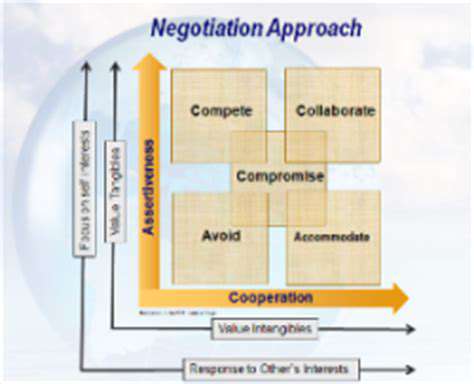
Fostering Open Communication
Productive co-parenting begins with clear communication protocols. Establish ground rules: Will you text for emergencies only? Use a shared parenting app? Many successful co-parents adopt business-like communication - brief, factual, and child-focused. Consider scheduling monthly business meetings to discuss logistics without emotional entanglement.
Active listening transforms conflicts. When disagreements arise, try the reflect and clarify technique: I hear you're concerned about bedtime consistency. Is that accurate? This de-escalation strategy prevents misinterpretations that derail negotiations.
Building Trust Through Actions
Trust erodes quickly when parents arrive late for exchanges or miss child support payments. Small reliability gestures rebuild confidence: returning clothes washed, sharing school event photos, or honoring agreed-upon rules in both homes. Documenting exchanges with a shared calendar creates accountability.
Some families implement transition rituals - special handshakes or stuffed animals that pass between homes. These symbolic acts reassure children while reinforcing parental cooperation.
Leveraging Technology Wisely
Parenting apps like OurFamilyWizard or TalkingParents provide:- Shared calendars with color-coded parenting time- Expense tracking for child-related costs- Message logs that maintain communication boundariesThese tools prevent he said/she said disputes while keeping focus on children's needs.
Understanding Legal Frameworks and Your Rights

Navigating Custody Laws
Legal systems approach custody differently. Some states presume 50/50 physical custody benefits children, while others consider factors like:- Primary caregiver history- School and community ties- Special needs requirementsLocal precedents significantly impact outcomes. A family law attorney can explain how judges typically rule in your jurisdiction.
Documentation strengthens your position. Maintain:- School attendance records- Medical visit logs- Extracurricular involvement proofThis evidence demonstrates parenting involvement beyond emotional claims.
Alternative Dispute Resolution
Many courts now require mediation before litigation. Collaborative law processes often yield better long-term results than adversarial court battles. Consider:- Parenting coordinators to resolve ongoing disputes- Child specialists to voice children's needs- Financial neutrals for support calculations
Financial transparency proves crucial when negotiating support. Some parents create joint expense accounts for child costs, while others use apps like SupportPay. The key is separating child expenses from personal financial conflicts. As one mediator notes, Children shouldn't feel like line items in a budget.
Seeking Support and Resources

Building Your Support Team
Divorce affects entire ecosystems. Assemble:- A therapist specializing in family transitions- A financial planner familiar with divorce implications- A pediatrician attuned to stress symptomsThis professional triad provides comprehensive stability during turbulent times.
Community Resources
Many communities offer:- Court-approved parenting classes- Support groups for single parents- Big Brothers/Sisters mentoring programsThese resources fill gaps when extended family isn't available. Local libraries often maintain updated referral lists.
When to Seek Legal Intervention
While collaboration is ideal, consult an attorney immediately if:- Substance abuse concerns exist- Domestic violence history emerges- Parental alienation behaviors surfaceDocumentation becomes protection in high-conflict situations. Many attorneys offer free initial consultations.








